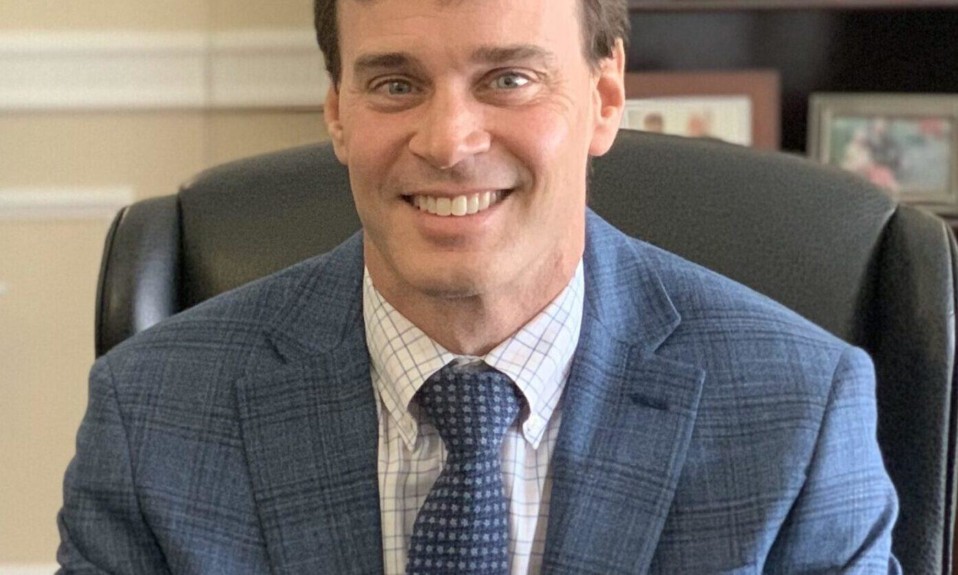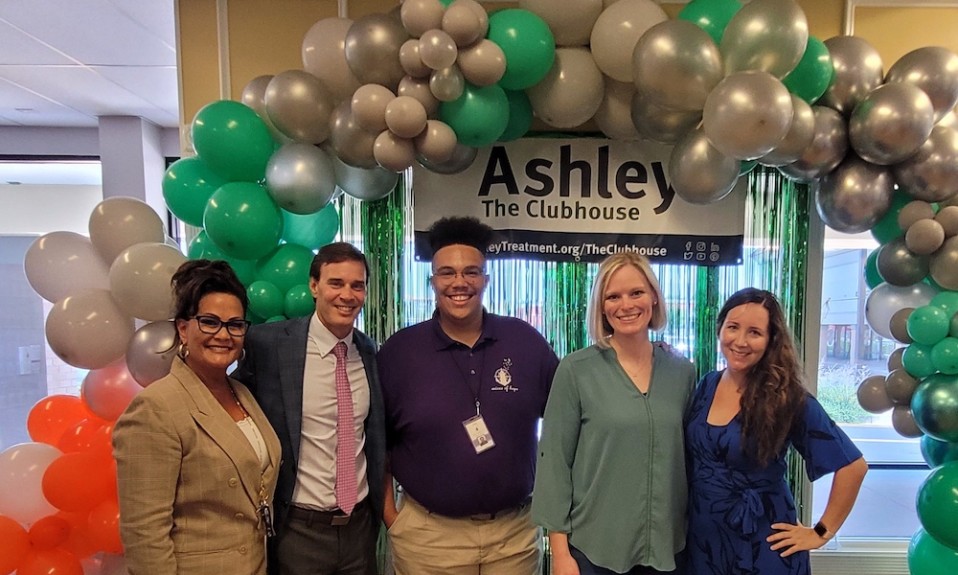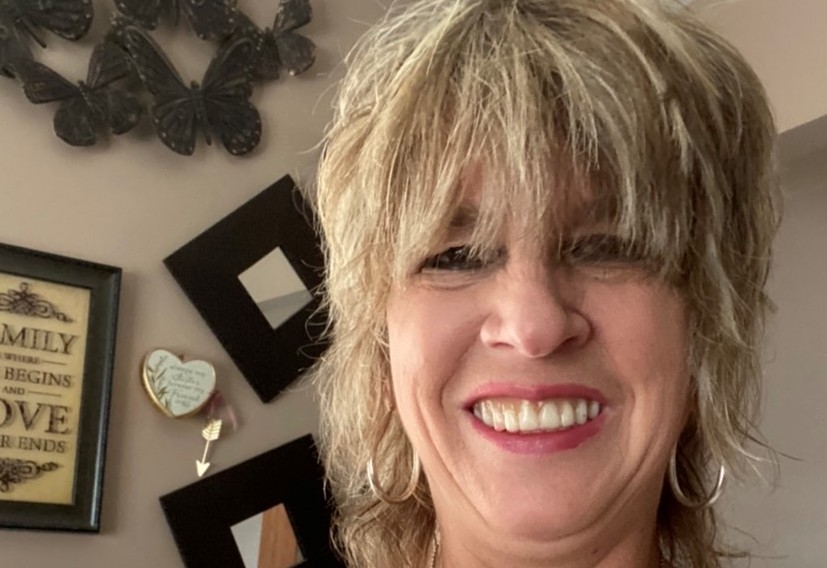Greg Hobelmann knows the valleys and peaks of recovery first-hand and has rebuilt his life from a suspended medical license to becoming CEO of leading treatment center Ashley Addiction
By Greg Hobelmann, M.D.
February 25, 2021I had my first drink at 14 years old and liked it. To some degree, I spent many years chasing that good feeling that comes with the use of a variety of substances. The consequences of my use were not apparent until my early 30s, but the negative impact was certainly there since my teenage years.
I drank alcohol in high school and did not begin to experiment with other substances until college. Although I have tried a large variety of substances over the years, it was only alcohol use that was consistent until my early 30s.
As the drinking increased, so did its effects on my life. I found I could cut back on my drinking by taking sleeping pills or pain pills. It was then that my addiction truly took off. I quickly became dependent on opioids and was using them all day, every day, within a few months.
I had a lot of wreckage to clean up in early sobriety. My family and friends did not trust me, my medical license was suspended, and I had no job—but I had faith that things would improve based solely on the way I think and behave.”
It was not my decision to initially seek treatment. Remarkably, I lacked the insight that I truly had a substance use disorder despite the writing on the wall. My use was discovered by colleagues at work, where I was confronted and instructed to seek treatment. It was during my first stay at residential treatment that I realized I had substance use disorder.
Unfortunately, I was not able to achieve sobriety and had to return to treatment two years later before I finally got into a place of good recovery.
It took me about three years from the time I realized I had a substance use disorder to get sober. During that time, I was in residential treatment for six months and attended outpatient treatment for several months.
I struggled with a lot of shame and guilt during those three years. For me, treatment was a very difficult experience until I made the decision to get sober and make meaningful changes in my life.
After three years of struggling, I finally started my recovery journey in 2011. From the moment I took that first step, my life has improved in all aspects. I had a lot of wreckage to clean up in early sobriety. My family and friends did not trust me, my medical license was suspended, and I had no job—but I had faith that things would improve based solely on the way I think and behave.
For those who are seeking treatment: Anyone and everyone can recover. We are all fallible and we are all redeemable. When we realize that change is needed and commit to that change, the results can be unbelievable.”
My second residential treatment experience was wonderful. I was able to take the first step, fully accept my situation early in treatment, which made all the difference and ultimately landed me where I am today.
After I decided to be open, honest and willing, the results were amazing. I just knew I could get better and that things would be okay. I saw others recover and wanted what they had. I had help from many others along the way. I continued to be honest, went back to school and completed a second residency, and I was able to enjoy it all because I maintained a good program of recovery. With the help of many others, I’ve been able to recover well.
For those who are seeking treatment: Anyone and everyone can recover. We are all fallible and we are all redeemable. When we realize that change is needed and commit to that change, the results can be unbelievable.
Greg Hobelmann, M.D., SVP, is chief medical and clinical officer at Ashley Addiction Treatment and the subject of this TreatmentMagazine.com profile of treatment center leaders. He will become co-CEO with Alex Denstman starting March 1, 2021.













